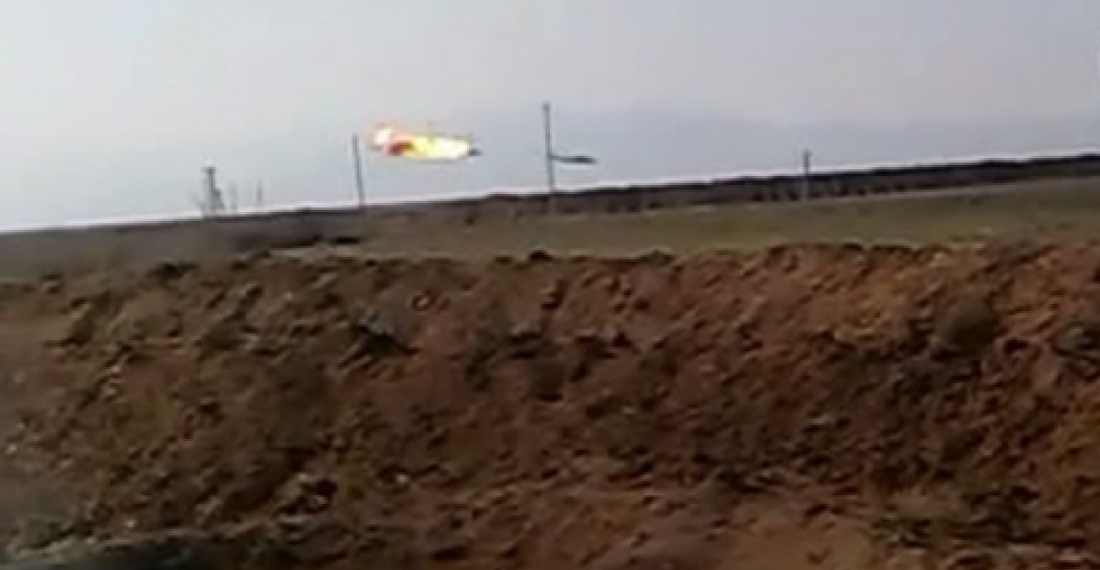Both Armenia and Azerbaijan have reported dozens of cease fire violations late on Thursday night (20 November) and early Friday morning (21 November).
Armenian sources report intense shooting in the direction of the crash site of the Armenian helicopter which Azerbaijan shot down on November 12, on the eastern sector of the Line of Contact.
According to news.am citing sources in the Ministry of Defence of the self proclaimed Nagorno-Karabakh Republic "the Azerbaijani army, using different-calibre rifle weaponry, violated the ceasefire around 190 times on late Thursday night and early Friday morning in the aforesaid sector." The agency said that on eight occasions the Azerbaijani forces also made use of grenades and several large-calibre weapons.
Azerbaijan on its part accused Armenia of violating the ceasefire 63 times in various positions along the front-line throughout the day. APA news Agency quoting Azerbaijani Defense Ministry sources says that the Armenians fired on Azerbaijani military positions "near Shikhlar, Sarijali, Shuraabad, Bash Gervend, Kengerli, Yusifjanli villages of Aghdam, Kuropatkino village of Khojavand region, Horadiz, Garakhanbeyli, Ashagi Veyselli, Ashagi Abdurrahmanli villages of Fuzuli, Mehdili village of Jabrayil as well as on nameless uplands in Khojavand, Fuzuli and Jabrayil regions".
Some reports suggest that the cease fire violations are related to both sides trying to reach the site of the crashed helicopter in the no man's land between their forces in the vicinity of Aghdam.
source: commonspace.eu with agencies
photo: The moment an Armenian helicopter was shot down on 12 November 2014 (archive picture).







